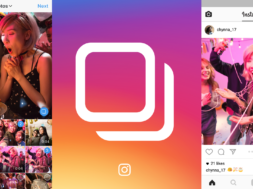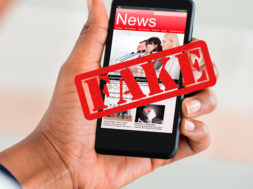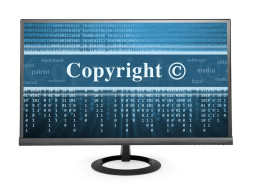
“You control the information age. Welcome to your world.”
In 2006, TIME magazine selected not just one person—but a group of people—to take up the mantle as their Person of the Year. Which group did they consider the most intriguing, the most influential, and the most deserving of this honour?
You.
In 2006, the world was reaping the benefits of a new web democracy—and, in fact, a new media democracy—in which more and more people were becoming uploaders and sharers of content as opposed to simply passive consumers.
Even though Youtube was only about a year old and Facebook about two, statistics (albeit from the US) showed that more than 57% of all teens who used the Internet were using it to share content Link. For better or for worse, information was at a free flow, urging those in the know to coin the term “web 2.0.”—a virtual reality in which everyone could “have their say on anything and publish it to the world at large” and in which “truly talented authors, artists, musicians and movie makers [could] gain an audience much more easily than they could in the past.” To a world without iPads, to a people who were just beginning to understand the implications of social media, and to realize that Mark Zuckerberg was more than just a boy with a good idea—these changes must have seemed extraordinary.
Fast forward to 2013. How much have things really changed?
For one, post-web 2.0 has become even more exciting—brimming with more avenues not only just to share content, but to monetize the sharing of content.,/
To those used to plugging into the internet’s (free) collective consciousness, this may have already come as a shock. Whether due to the desire to make profits, or because of the need to survive Link, sites and applications formerly available at no cost are now only accessible through a paywall. Of course, there are two views on this—those that see the new dams placed on this knowledge free flow as transforming the Internet into a machine more akin to the traditional media. How do you know, for example, whether a blogger’s review of the new iPhone is his true opinion, when he admits that the device itself was gifted to him from Apple?
If the word “access” could be used to describe the web 2.0 phenomenon, the best word that sums up the internet’s current phase is this: “opportunity.” Big business has caught onto the fact that the once-small blogger, Youtuber, and podcaster have real audiences and real power—causing the voice of the ordinary man not just to be listened to, but to be paid for their services. The explosion in applications, websites, social networks, online news outlets and more—serving needs that we didn’t even know we had—has given more choices to those affected by economic crisis, and to those ignored due to age, gender, race, and ethnicity.
Yes, you may have to pay for your favourite news site’s content now. And yes, you may wonder if your favourite blogger’s as credible as he was before he was able to transform his art into a business. But the fact remains that, without these transformations in the Internet, he would not have been able to build himself an audience and a level of respectability in the first place.
And so, the Broadcasting Commission of Jamaica poses you a question: what opportunities will you make for yourself? How will you use a transforming web to transform you?
(85)







